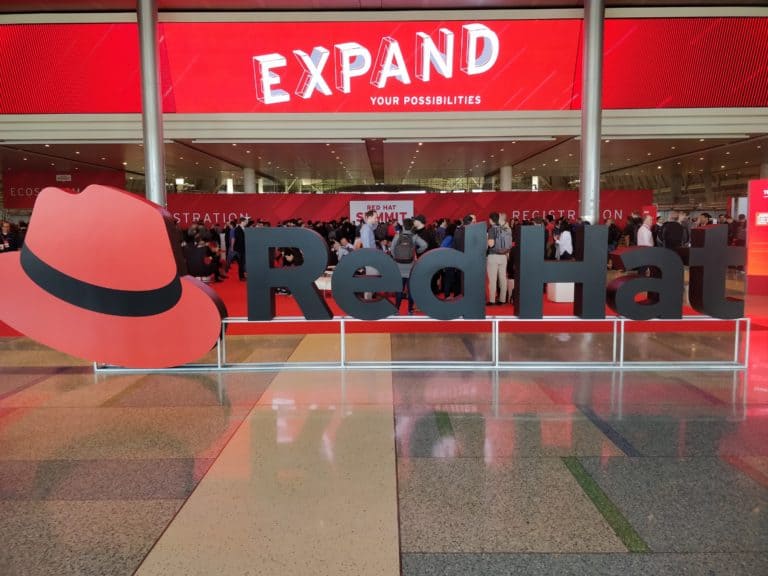The community around open source specialist Red Hat is still very concerned about the recent acquisition by IBM. This is shown by a recent Q&A with Red Hat’s CTO Chris Wright on the popular online discussion platform Reddit. According to the CTO, as often communicated, really nothing will change and the open source specialist will continue to operate as an independent company within the new constellation.
The dust surrounding the final takeover of the open source specialist by Big Blue has still not settled, if we are to believe the Reddit discussion with Red Hat’s CTO. Many Red Hat community members still fear that the acquisition will mean the end of the business operating system Red Hat Enterprise Linux (RHEL), the container platform Red Hat OpenShift and all other business solutions and services.
Major concerns about open source and products
Many participants in the online discussion are concerned that IBM, when Red Hat is fully incorporated into IBM, will kill off all open source community activities or even stop using open source altogether. In addition, many participants fear that the takeover will halt the development of certain products such as the Linux distribution Fedora and the aforementioned OpenShift. This fear also applies to a number of Red Hat solutions with which Big Blue directly competes with its own solutions.
No changes coming
In his answers, Wright states – and continues to confirm the official vision of both Red Hat and IBM – that the community and other Red Hat fans have no cause for concern. The open source specialist remains an independent company within Big Blue. The open source specialist continues to do what it considers best for itself; working with customers, partners and the open source community to develop and deliver open source solutions and applications.
According to him, this collaboration applies especially to the hybrid cloud. Red Hat makes no secret of the fact that it wants to focus on this in the coming years. As a result of the acquisition, IBM and Red Hat will now work much more closely together to simplify their customers’ roadmaps to hybrid cloud environments. The fact that IBM has indicated that it will base its product strategy for the hybrid cloud more on Red Hat solutions and applications, including Red Hat OpenShift, is considered by Wright as a good example of this ambition.
Future open source
As far as the future of open source is concerned, the CTO states that it does not see any change here either. According to him, open source is now the de facto standard for software development and that the acquisition confirms this. From another point of view, the value of Red Hat is based on open source, so the 34 billion dollars spent by IBM clearly indicates that Big Blue sees a lot in open source.
Finally, he says, it is also the basic values of how the open source specialist works that Big Blue would like to take over. This shows, among other things, that IBM employees will soon be allowed – and even encouraged – to participate in open source projects. Even if these are not of direct interest to the company. In the old situation this was only allowed to a limited extent and only with the permission of supervisors.
Interesting technological developments
Fortunately, a number of other interesting visions of the CTO emerged from the discussion, other than just about the takeover. For example, Wright indicates that he expects a lot from data centric workloads and applications in the field of kissed-in intelligence and machine learning in the near future. According to him, this makes it easier to convert data into information and knowledge.
In addition, these technologies will contribute to the transformation from hardware to software. This means that data centric workloads and artificial intelligence will affect the entire stack, from the operating system to the public cloud environments. Perhaps in the near future we will be able to see more joint activities of both companies in this area.
This news article was automatically translated from Dutch to give Techzine.eu a head start. All news articles after September 1, 2019 are written in native English and NOT translated. All our background stories are written in native English as well. For more information read our launch article.